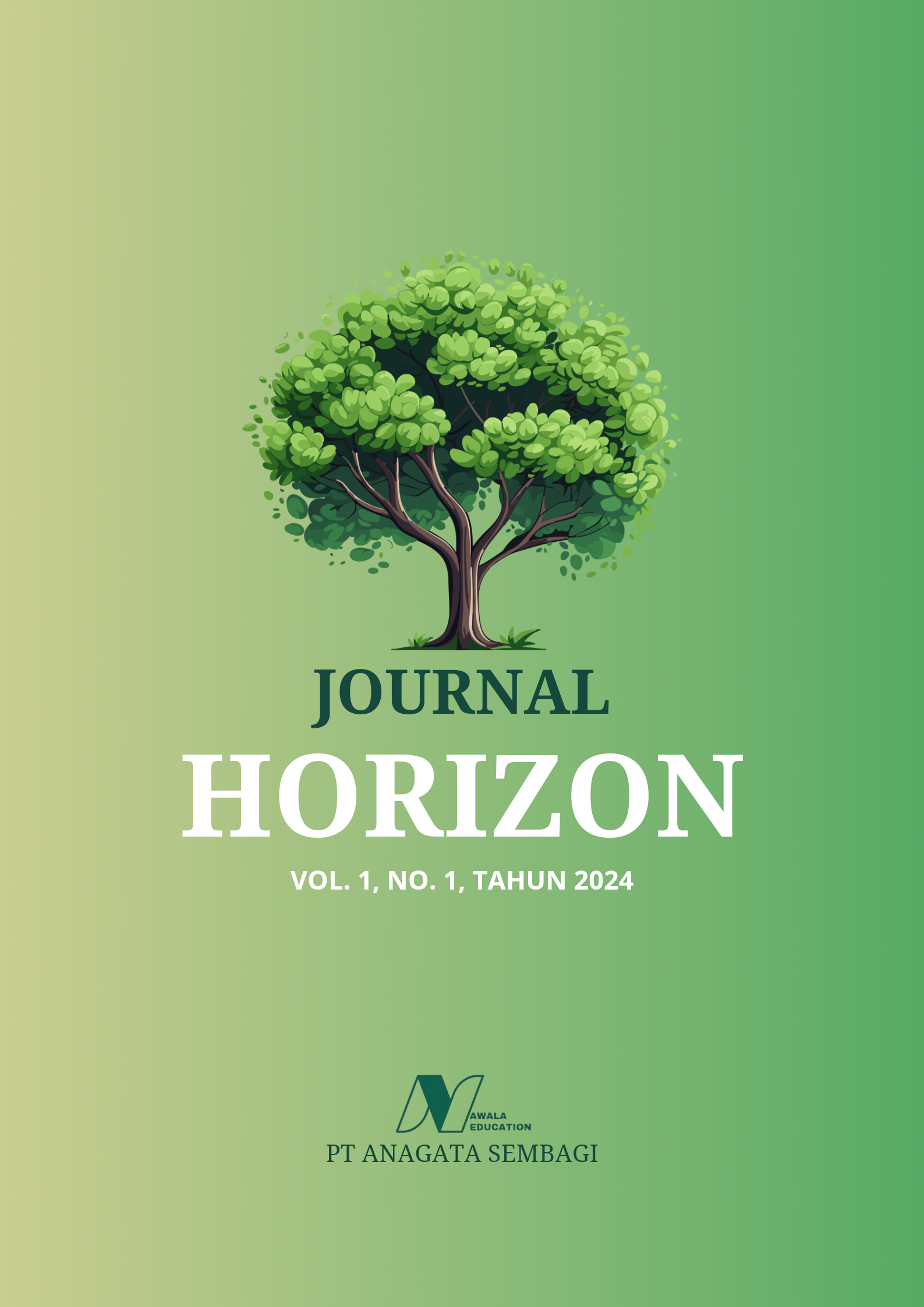The Role of Indigenous Peoples in Local Wisdom-Based Forest Management in Papua: Case Studies and Development Strategies
DOI:
https://doi.org/10.62872/y6k7a654Keywords:
Indigenous peoples, local wisdom, forest management, PapuaAbstract
Nestled within the heart of Papua's lush forests lies a narrative of profound significance—the intertwining destinies of its indigenous inhabitants with their ancestral lands. This exploration unveils the pivotal role played by Papua's indigenous communities in local wisdom-based forest management. Against mounting environmental challenges like deforestation and climate change, their stewardship embodies a holistic ethos of sustainability, melding cultural heritage with resource conservation. Through empirical analysis and case studies, this study reveals the resilience ingrained within indigenous forest management practices, from Dani governance structures to Asmat agroforestry techniques. Furthermore, it explores the multifaceted implications of indigenous engagement, advocating for inclusive governance models that honor indigenous rights and foster community-driven sustainability. By amplifying indigenous voices and fostering interdisciplinary collaboration, this study advocates for a transformative shift in conservation discourse—one that recognizes indigenous wisdom as a cornerstone of environmental stewardship. In essence, it calls for a future where forests embody not only biodiversity but also indigenous heritage, fostering a harmonious coexistence between humanity and nature.
Downloads
References
Assies, W. (2017). Communal land rights, power relations, and resistance: The case of Indonesia. Journal of Peasant Studies, 44(6), 1215-1235.
Brondizio, E. S., & Le Tourneau, F. M. (Eds.). (2016). Environmental governance and resilience: Theory and practice. Routledge.
Cruz, K. D. T., & Begossi, A. (2018). Indigenous knowledge integration in a small-scale fishery management: Insights from ecological and folk taxonomies. Ocean & Coastal Management, 152, 47-56.
Garnett, S. T., Burgess, N. D., Fa, J. E., Fernández-Llamazares, Á., Molnár, Z., Robinson, C. J., ... & Zander, K. K. (2018). A spatial overview of the global importance of Indigenous lands for conservation. Nature Sustainability, 1(7), 369-374.
Heckenberger, M. J., & Roosevelt, A. C. (2013). The rise of complexity in the Amazon: In L. J. Matthews, & W. H. Isbell (Eds.), The handbook of South American archaeology (pp. 285-307). Springer.
Keane, A., Wilcox, E., & Burgman, M. (2020). Integrating Indigenous ecological knowledge and science: A review of the literature. Environmental Science & Policy, 112, 174-184.
Mistry, J., & Berardi, A. (2020). Indigenous guardians: Integrating traditional knowledge into contemporary conservation. Conservation Science and Practice, 2(9), e229.
Rambaldi, G., & Callegari-Jacques, S. M. (2018). Cultural significance of landscapes and the construction of territoriality among the Xokleng indigenous people in southern Brazil. Landscape Research, 43(2), 215-231.
Rocheleau, D., & Edmunds, D. (Eds.). (2017). Ecologies of human well-being. Routledge.
Terborgh, J., Nascimento, H., Lees, A. C., Guedes, P., Costa, H., & Castello, L. (2021). Indigenous land stewardship in Amazonia: A historical perspective. Ecology and Society, 26(2), 2.
Downloads
Published
Issue
Section
License
Copyright (c) 2024 Eric Krisna Sandi (Author)

This work is licensed under a Creative Commons Attribution-ShareAlike 4.0 International License.

This work is licensed under a Creative Commons Attribution-ShareAlike 4.0 International License.










